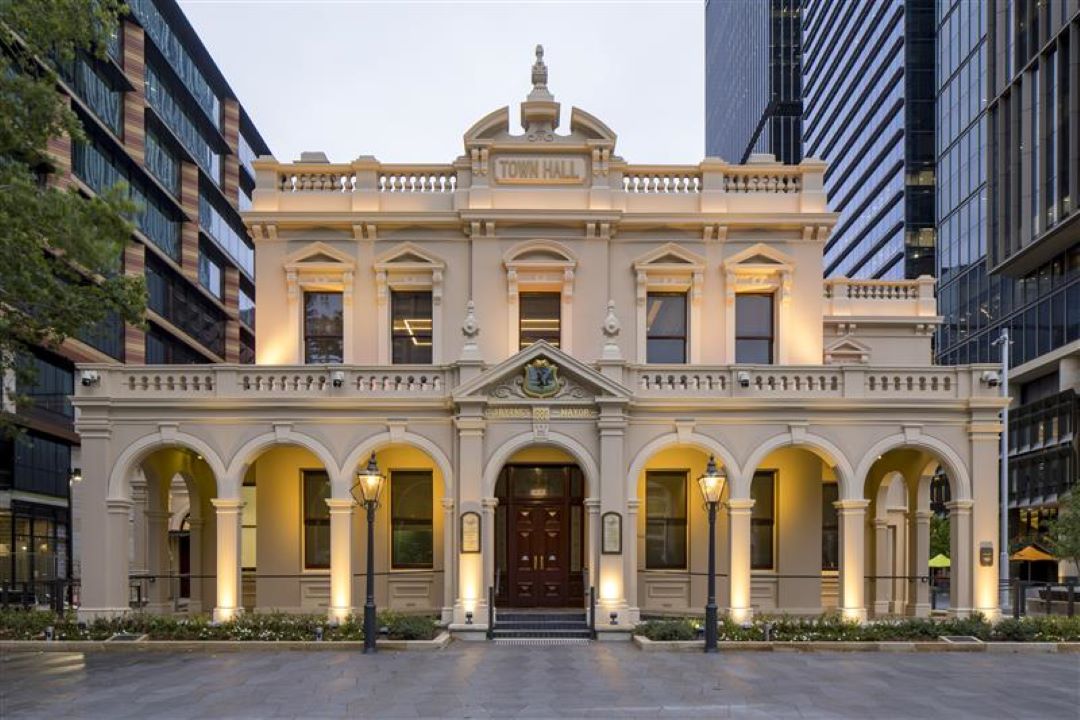On 14 June 2016, the Council resolved to establish an Independent Hearing and Assessment Panel (IHAP).
From 1 March 2018, IHAPs, known as a Local Planning Panel (LPP) under the Environmental Planning and Assessment Act 1979 (EP&A Act), are mandatory for all Sydney councils and Wollongong City Council. These panels provide an increased level of accountability in decision making and ensure independent oversight leads to better planning outcomes.
Panels have been made mandatory so that the process of assessment and determination of development applications (DAs) with a high corruption risk, sensitivity or strategic importance are transparent and accountable.
Council officers still assess the development application and then report to the LPP. The panel also reviews planning proposals (PPs) and the officer’s assessment and makes a recommendation to the Council.
Statutory rules govern the panels operation, through a code of conduct and operational procedures.
Determinations are made as independent assessments consistent with the Local Environment Plan and development control plans.
Authority
(Back to top)LPPs are formed under the authority of the EPA Act and has authority to make decisions under the Act.
The functions of the panel are to:
- Provide an independent and open forum for interested persons and groups to hear and make submissions about development proposals referred for determination
- Consider and determine development applications (section 4.16), application modifications (section 4.55) and reviews of applications (Division 8.2) referred to it.
- Provide recommendations to Council on planning proposals (section 3.33) and any other development matter that may be referred to the Panel (section 2.19).
Panel members
(Back to top)LPP meetings include four members - a chairperson, community member and two independent expert members.
Panel chairs are required to have expertise in law, or government and public administration.
Panel members are required to be expert in one or more of the following fields:
- planning
- architecture
- heritage
- environment
- urban design
- economics
- traffic and transport
- law
- engineering
- tourism
- government and public administration
Community members are representatives of the local community but do not need to be an expert in any particular field.
Meetings
(Back to top)The meeting format usually includes:
- an on-site inspection
- a public panel meeting, with an open forum for interested persons and groups to hear and make submissions about the development proposal
- a closed panel session for the panel to deliberate (if required)
- a public announcement of the determination.
The decision of the panel is by a majority of votes with each member casting one vote.
In the event of a tied vote the Chairperson would have a casting vote.
The determination includes a written response from the panel similar to a court judgement outlining the reasons for the decision.
Meetings are open to the public.
If you wish to speak or address the Panel you need to request this in writing by 4pm on the Thursday prior to the scheduled meeting via the webform below. If applications to address the Panel are not received by this time, permission to address the Panel may not be granted.
Meeting details
When
The third Tuesday of each month commencing at 3:30pm.
Where
These meetings are held at PHIVE Parramatta.
Meeting papers
LPP reports and minutes are available on from Council’s Business Papers.
You can also view meeting transcripts up to May 2020, after this meetings are recorded.
Application to address the panel
(Back to top)Applications
(Back to top)The following applications are referred to LPP based on the referral criteria set by the Minister for Planning:
- planning proposals
- development applications, including applications to modify a development consent:
- where the applicant or land owner is
- Council
- Councillors, State or Federal members of Parliament or a relative (within the meaning if the Local Government Act 1993)
- Council staff (who are principally involved in exercising Council’s functions under the EP&A Act) or a relative (within the meaning if the Local Government Act 1993)
- where 10 or more unique submissions by way of an objections are received
- to vary a development standard by more than 10%.
- where the applicant or land owner is
- applications which are for
- designated development
- where State Environmental Planning Policy No 65 – Design Quality of Residential Apartment Development applies and is 4 or more storeys in height
- New licenced premises requiring one of the following liquor licenses
- A club licence under the Registered Clubs Act 1976
- A hotel (general bar) licence under the Liquor Act 2007, or
- An on-premises licence for public place of entertainment venue under the Liquor Act 2007
- The purpose of sex services premises and restricted premises
- A DA where the developer has offered to enter into a planning agreement
In addition to the referral criteria set by the Minister for Planning at the Council meeting held on 14 May 2018 Council resolved that planning proposals be referred to the LPP after exhibition where a request for amendment to the planning proposal has been received.
Reviewing Decisions
(Back to top)There is the opportunity to review decisions made by the City of Parramatta Council LPP.
The applicant can seek a review of a determination and this will be referred to the LPP where panel members who did not sit on the original panel for that determination will take part.
An applicant may also appeal to the Land and Environment Court.
Have Your Say: Making Submissions
(Back to top)The community is able to make written submissions to the LPP.
The requirements for making a submission on a development proposal to Council remain the same..
Making Your Submission
(Back to top)If you have made a submission to a development application (DA) that is being considered by the LPP you will receive a letter inviting you to the meeting and asking if you wish to make a verbal submission.
You have 3 minutes to make your submission and here are some tips to help you make the most of your time:
- Address the chair of the panel
- Be concise, and emphasise your key points
- The Panel has a copy of your submission so there is no need to merely read out your written submission
- If someone has already spoken before you and you agree with their key points, say so, don’t repeat what they say
- Focus on how the proposed development might affect you, in your own words
- Sometimes proposed developments do not comply with certain planning rules such as the height of the building
- Rather than talking about this non-compliance, explain to the Panel, in your own words, how this will affect you
- Talk about what you would like the panel to do or how the development could be changed to address your concerns
- If you are part of a group with similar concerns get together before the meeting and work out who will say what so that you make the most of everyone’s 3 minutes
- Finally, be polite and respectful to the members of the Panel, other attendees and the council staff


